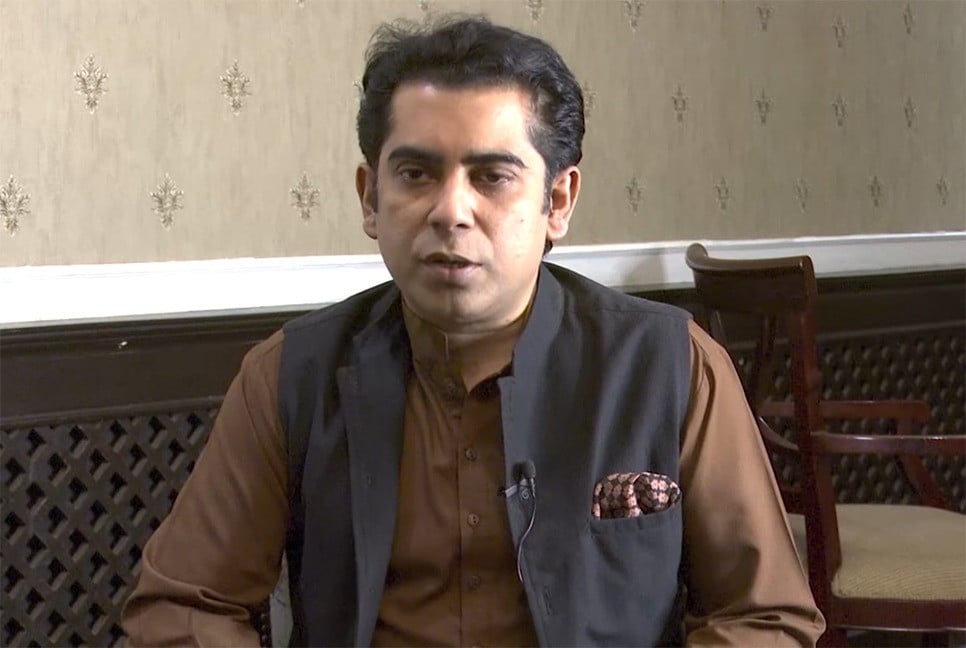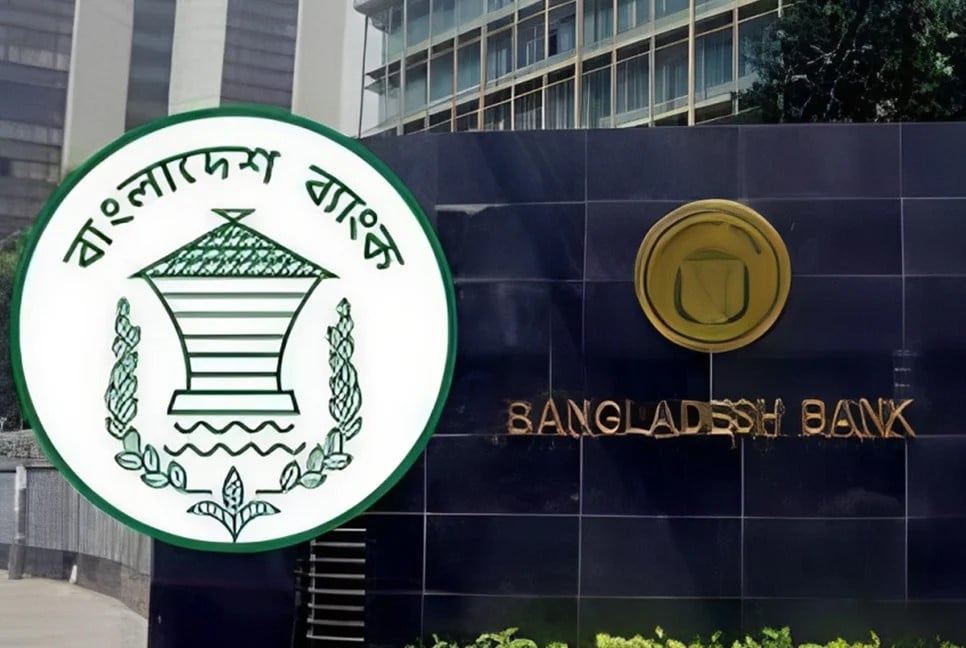The COVID-19 pandemic propelled the e-commerce sector to new heights in the country, offering the convenience of shopping from home amidst lockdowns. However, alongside the benefits of digitization came a surge in fraudulent activities targeting unsuspecting consumers.
Fraudulent circles have capitalized on the trust and reliance placed on e-commerce platforms, luring customers into traps through deceptive practices. Operating via social media platforms, these unscrupulous entities advertise fake products, masquerading them as genuine offerings. With enticing discounts of up to 70 to 80 percent, consumers are enticed to make advance payments, only to fall victim to scams.
Despite seeking recourse through legal channels, consumers find themselves at a loss as fraudsters continue to evade accountability. Such incidents have eroded confidence in the e-commerce landscape, posing a threat to honest entrepreneurs.
Victims of fraud recount scrolling through Facebook feeds inundated with hundreds of advertisements, each promising unbelievable deals. From bicycles priced at a fraction of their market value to heavily discounted online courses and software subscriptions, consumers are duped into making upfront payments with little to no follow-through on the promised products or services.
Instances of fraud extend beyond misleading advertisements, with personal fake profiles also employed to deceive unsuspecting consumers. The E-commerce Traders' Association (E-CAB) highlights a surge in fraudulent activities during festive seasons, leveraging the increased online sales traffic to perpetrate scams.
Before last Eid, about 800 people complained to the National Consumer Rights Protection Department after being cheated in online shopping in March alone. However, most of the complaints are not resolved due to non-existence or address of the Facebook pages accused of fraud.
Shafiq Ahmed, a resident of Mirpur, said that for the past few days, advertisements have been coming from a page called Famous World selling premium subscriptions of popular OTT platforms such as Hoichoi, Netflix, Charki, Prime Video, Zee5, HBO for just 299 taka. After sending money, no subscription was given.
Zaman, a resident of Khilkhet area of the capital said, “I wanted to buy a bicycle for a long time. I saw a page called 'Dream Bicycle Shop' on Facebook advertising very beautiful bicycles for sale at 65 per cent discount for only 4 to 5 thousand taka. But their condition is to send Tk 310 in advance for home delivery. I sent 310 taka taking the risk thinking of little money. I have not been able to contact them since then. Later I saw that hundreds of pages were serving similar ads. That is, these fraudsters are stealing crores of taka from millions of people.”
In this regard, General Secretary of E-Commerce Association of Bangladesh (ICAB) Nasima Akhtar Nisha tolad Bangladesh Pratidin that this is the world of e-commerce. There were cheaters here, there still are. Therefore, first of all consumers should be aware. It is inappropriate to send money if you see a low price of a product somewhere.
“It should be seen whether the market price of that product is really so low. Before ordering anything, check the age, reviews and payment system of the page. Transactions cannot be made outside of merchant accounts. In most cases fraudsters steal a lot of people's money and shut down the page. A new page opens. If the ministry could have provided the address of a page after it was closed, legal action would have been taken against the fraudsters.”
“It was mandatory for every entrepreneur to get Digital Business Identification (DBID). It is being worked on, there are some decision points at the policy level. If it is functional, these frauds will be reduced,” she added.
(The report was published on print and online versions of The Bangladesh Pratidin on May 11 and rewritten in English by Lutful Hoque Khan)




































































